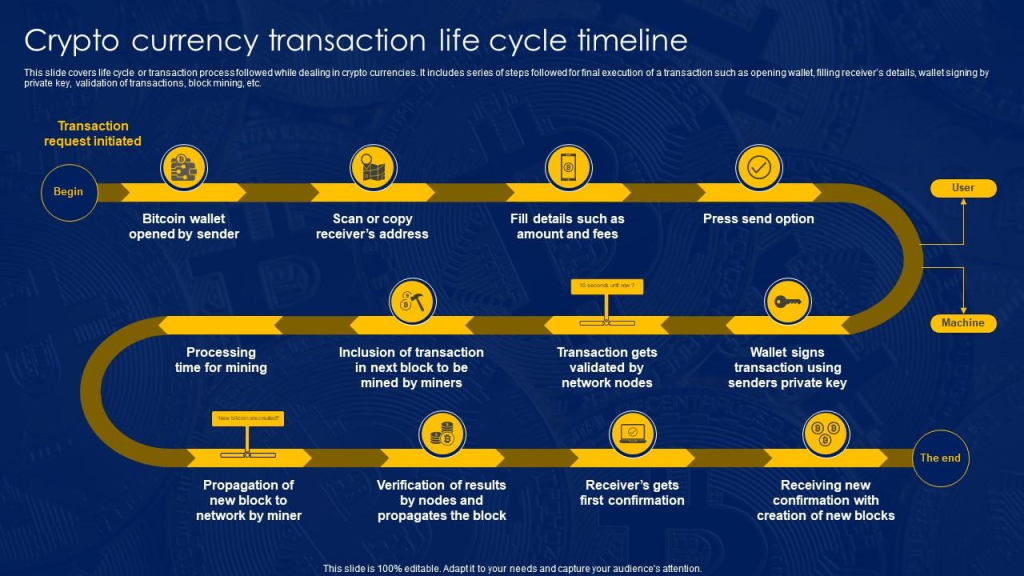AUTHOR : EMILY
DATE : 26/08/2024
The cryptocurrency market in India has seen exponential growth in recent years, with millions of people now participating in the trading and holding of digital assets[1] like Bitcoin, Ethereum, and other altcoins. As this market continues to expand, so does the need for robust security measures to protect these assets. Cryptocurrency, by its very nature, is decentralized and operates without the oversight of traditional financial[2] institutions, making it both appealing and vulnerable. The absence of regulatory protection means that securing your digital assets falls squarely on your shoulders. This blog will explore the importance of cryptocurrency security software[3] in India, the types of security tools available, and how they can help protect your investments.
The Importance of Cryptocurrency Security
Cryptocurrencies operate on a decentralized[4] network, which means that once a transaction is made, it cannot be reversed or undone. This irreversibility is one of the fundamental principles of blockchain technology, but it also presents a significant risk. If a hacker gains access to your cryptocurrency wallet[5], they can transfer your assets to their own address, and there is no way to retrieve them. This makes securing your digital assets absolutely critical.

Types of Cryptocurrency Security Software
There are several types of cryptocurrency security software designed to protect your digital assets. Each of these tools serves a specific purpose and offers varying levels of protection. Here are some of the most important types of security software that every cryptocurrency investor in India should consider:
1. Cryptocurrency Wallets
A cryptocurrency wallet is the most basic form of security software. It is a digital tool that allows you to store, send, and receive cryptocurrencies. Wallets can be classified into two main categories: hot wallets and cold wallets.
- Hot Wallets: These are connected to the internet and are more convenient for daily transactions. However, they are also more vulnerable to hacking[1]. Examples include mobile apps like Trust Wallet, MetaMask, and exchange-based wallets like those provided by Binance or Wazir X.
- Cold wallets: These are offline wallets and are considered the most secure way to store cryptocurrencies. Since they don’t rely on an internet connection, they are protected against online hacking attempts. Examples include hardware wallets like the Ledger Nano S and Trezor, as well as paper wallets.
2. Antivirus and Anti-Malware Software
Given the rise in malware targeting cryptocurrency users, having strong antivirus and anti-malware software is essential. This software protects your devices from being infected with malicious code that could steal your private keys or other sensitive information. Leading antivirus programs like Norton, Kaspersky, and Bitdefender offer specific protections tailored to cryptocurrency users, such as anti-phishing tools and protection against ransomware.
3. Encryption Software
Encryption software safeguards sensitive information by transforming it into code that cannot be read without proper decryption. This ensures that even if someone gains access to your device, they will not be able to read your private keys or other sensitive information without the correct decryption key. Encryption tools like VeraCrypt and BitLocker can be used to secure files and folders that contain important cryptocurrency information.
4. Two-Factor Authentication (2FA) Software
Two-Factor Authentication (2FA) enhances account security[2] by requiring two separate methods of verification before allowing access. While many cryptocurrency exchanges offer built-in 2FA options, it is also wise to use a dedicated 2FA app like Google Authenticator or Authy. These apps generate time-based one-time passwords (TOTPs) that are required, in addition to your password, to log in to your accounts.
5. VPNs (Virtual Private Networks)
A VPN secures your internet connection by encrypting it, which makes it harder for hackers to access your data. When dealing with cryptocurrencies, especially when accessing your wallet or exchange accounts on public Wi-Fi, using a VPN can help protect your information from being intercepted.
6. Password Managers
Password managers create and securely store strong, unique passwords for your accounts. Using a password manager ensures that you are not reusing passwords across multiple accounts, which is a common security[3] flaw. Popular password managers like LastPass, Dashlane, and 1Password offer features like encrypted storage and autofill to keep your credentials secure.
Best Practices for Using Cryptocurrency Security Software
While using cryptocurrency security software is essential, it is equally important to follow best practices to maximize your security. Here are a few suggestions for effectively using these tools:

1. Use Cold Wallets for Long-Term Storage
If you are holding a significant amount of cryptocurrency, it is advisable to use a cold wallet for long-term storage. Cold wallets are offline and provide the highest level of security against hacking attempts.
2. Enable 2FA on All Accounts
Ensure that 2FA is enabled on all of your cryptocurrency-related accounts, including exchanges, wallets, and email accounts associated with your crypto activities. This provides a crucial layer of defense against unauthorized access.
3. Regularly Update Your Software
Keep your antivirus, anti-malware, and other security software updated to protect against the latest threats. Cybercriminals[4] are constantly developing new methods to exploit vulnerabilities, so it is crucial to have the most recent security patches and updates.
4. Be Cautious of Phishing Attempts
Phishing attacks are a common way for hackers to gain access to your accounts. Always double-check the URL of the website you are visiting and avoid clicking on links in unsolicited emails or messages. Use a browser extension like HTTPS Everywhere to ensure you are connecting to websites securely.
5. Back Up Your Wallet and Recovery Phrases
Always back up your wallet and securely store your recovery phrases in a safe location. In the event that you lose access to your wallet or device, these backups will be crucial for recovering your assets.

6. Use a Dedicated Device for Cryptocurrency Transactions
Consider using a separate device, such as a smartphone or computer, exclusively for cryptocurrency transactions. This reduces the risk of malware infections or unauthorized access through other activities on your main device.
The Future of Cryptocurrency Security in India
As the cryptocurrency market in India continues to grow, so will the need for advanced security measures. The Indian government and regulatory bodies are still in the process of defining their stance on cryptocurrencies, but regardless of the regulatory landscape,
Conclusion
Cryptocurrency security software is an essential component of protecting your digital assets[5] in India. With the increasing popularity of cryptocurrencies, the threat landscape is constantly evolving, making it crucial for investors to stay vigilant and adopt the best security practices. By using a combination of wallets, antivirus software, encryption tools, 2FA, VPNs, and password managers, you can significantly reduce the risk of losing your hard-earned digital assets to cybercriminals
FAQs
1. What is cryptocurrency security software? Cryptocurrency security software helps protect your digital assets by providing features like encryption, secure storage, and anti-phishing measures. It often includes wallet protection, transaction monitoring, and real-time alerts.
2. Why is cryptocurrency security software important in India? With the growing popularity of cryptocurrencies in India, the risk of hacks and fraud has also increased. Cryptocurrency security software adds an extra layer of protection to safeguard your investments from cyber threats.
3. Which are the best cryptocurrency security software options available in India? Popular options include Bitdefender, Kaspersky, and Norton, which offer specialized features for securing cryptocurrency wallets. Additionally, some crypto-specific solutions, like Ledger Live, Trezor Suite, and Coinomi Wallet, are also widely used.
4. How does cryptocurrency security software work? It works by encrypting your private keys, detecting phishing attempts, and providing multi-factor authentication (MFA). Some software also offers features like cold storage support and protection against malware that targets cryptocurrency transactions.
5. Is cryptocurrency security software legal in India? Yes, using cryptocurrency security software is legal in India. However, it is essential to ensure that the software complies with local regulations and is from a reputable source.




